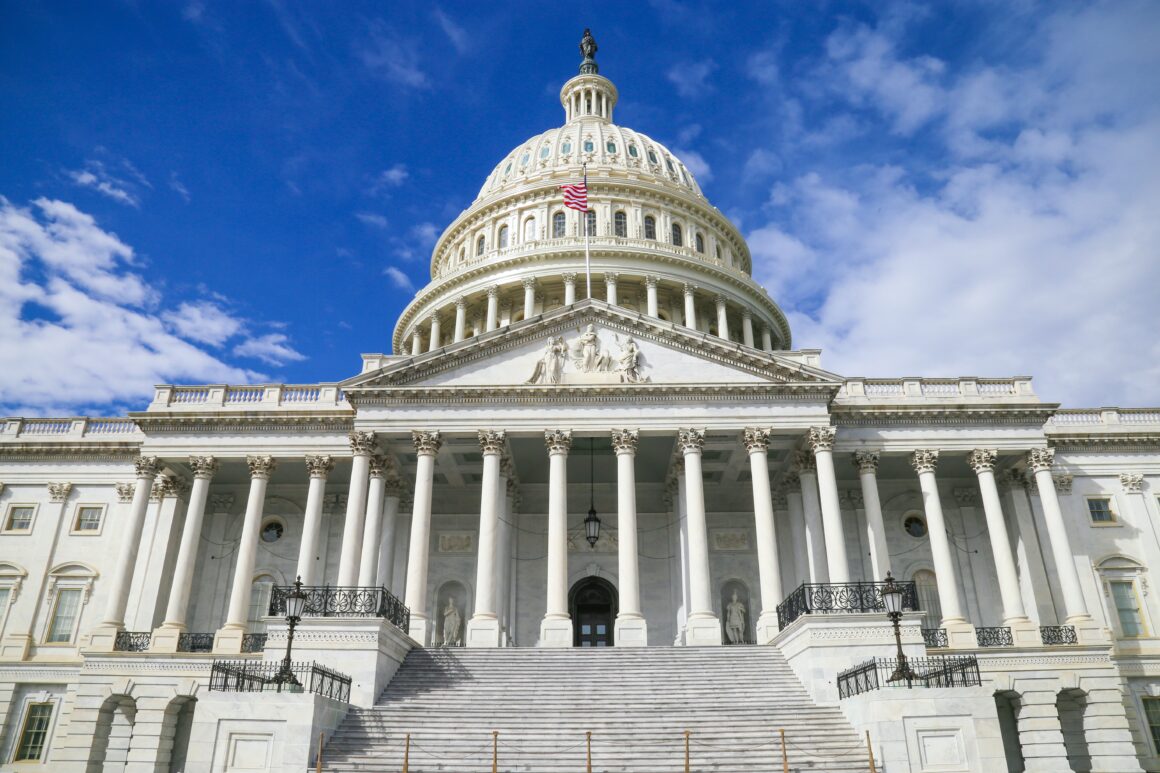As devastating as it has been, the COVID-19 outbreak is not the only outbreak that the United States has dealt with in the past few years. The country continues to face an absurdly high rate of gun violence, that has torn apart families and communities alike.
The United States’s gun violence rate dominates that of any other industrialized country. Nearly 100 people across the United States die every day from gun-violence and action needs to be taken to prevent access to firearms for people who do not deserve to have weapons. The cause is clear, the United States has significantly more guns per capita than any other industrialized nation and contrary to some opinions, more guns lead to more homicide – not more protection.
Although COVID-19 has been and should be the focus of most legislation throughout State legislatures, gun-violence prevention measures need to at least make their way onto the agenda across the country, to continue the fight against gun-violence. Pieces of gun-violence legislation have proven to work. For example, before enactment of gun-violence prevention in 2020, the Commonwealth of Virginia had the 18th highest rate of state-wide gun violence. After passage of several gun-violence prevention bills, Virginia now has the 33rd highest rate of state-wide gun violence. Continued implementation of such pieces of legislation can help protect individuals across the nation from injury or death.
In order for gun-violence prevention bills to reach the agenda across state legislatures, pieces of legislation that expands the zone of conflict, and motivates previously apathetic individuals towards to fight for gun-control needs to be proposed . Recently, the expansion of the scope of gun-violence motivated previously apathetic individuals. When the frame of gun-violence shifted from a crime issue to a child protection issue, many more mothers were motivated because the problem now affected them personally. The mothers spurred the creation of several of the most powerful gun-violence prevention advocate organizations and movements in the country, such as the Million Mom March and Moms Demand Action.
A piece of legislation that could realistically, not only reach the agenda, but also feasibly get passed and continue the discussion of gun-violence prevention legislation would be closure of the boyfriend loophole. The boyfriend loophole is a gap between federal law and state law that prevents domestic abusers access to weapons only if they have been convicted of domestic abuse against a marital or live-in partner. Without closure of this loophole, individuals who have been convicted of domestic violence against a relational partner whom they are not living with or not married to have complete access to guns. Currently, only 19 states have completely closed the boyfriend loophole. Guns in the hands of domestic abusers can increase the likelihood of domestic violence occurences resulting in murder and makes it five times more likely that the woman is killed in domestic violence incidents.
The closure of the boyfriend loophole is necessary to counter the current situation throughout the county. Since the beginning of the pandemic, gun purchases have risen, the number of domestic violence incidents have increased, and in general, people have been spending more time at home due to virtual work and virtual school. These factors could potentially increase the occurrence of gun-violence, and have placed several vulnerable populations at risk.
Not only is the boyfriend bill necessary, it has successfully reached the agenda and gotten passed with bipartisan support in several states. States such as Alabama, Kansas, Nevada, and Louisiana have passed bills closing the boyfriend loophole, and every state with the loophole still open should follow in these footsteps.
This expansion of legislation regarding guns in the hands of the domestic abusers and closure of the boyfriend loophole is feasible legislation that fights for future gun-violence prevention by the expansion of the zone of conflict. Advertisement and advocacy around this issue would motivate people towards the fight for gun-violence prevention legislation that were previously apathetic because they did not realize that gun-violence affected them individually. Now, with exposure to the information regarding current legislation, people will be motivated to fight for themselves and for protection of their children and loved ones.
While this piece of legislation in itself is not a ground-breaking option in preventing gun related injury and death, it definitely highlights the issue and sustains the conversation, which is of the utmost importance during the pandemic. Legislation across the country will be focused on adjustment due to the COVID-19 pandemic and at least getting feasible bills on the agenda across the country allows us to incrementally chip away at the gun violence that plagues this country.
Established in 1995, the Georgetown Public Policy Review is the McCourt School of Public Policy’s nonpartisan, graduate student-run publication. Our mission is to provide an outlet for innovative new thinkers and established policymakers to offer perspectives on the politics and policies that shape our nation and our world.
